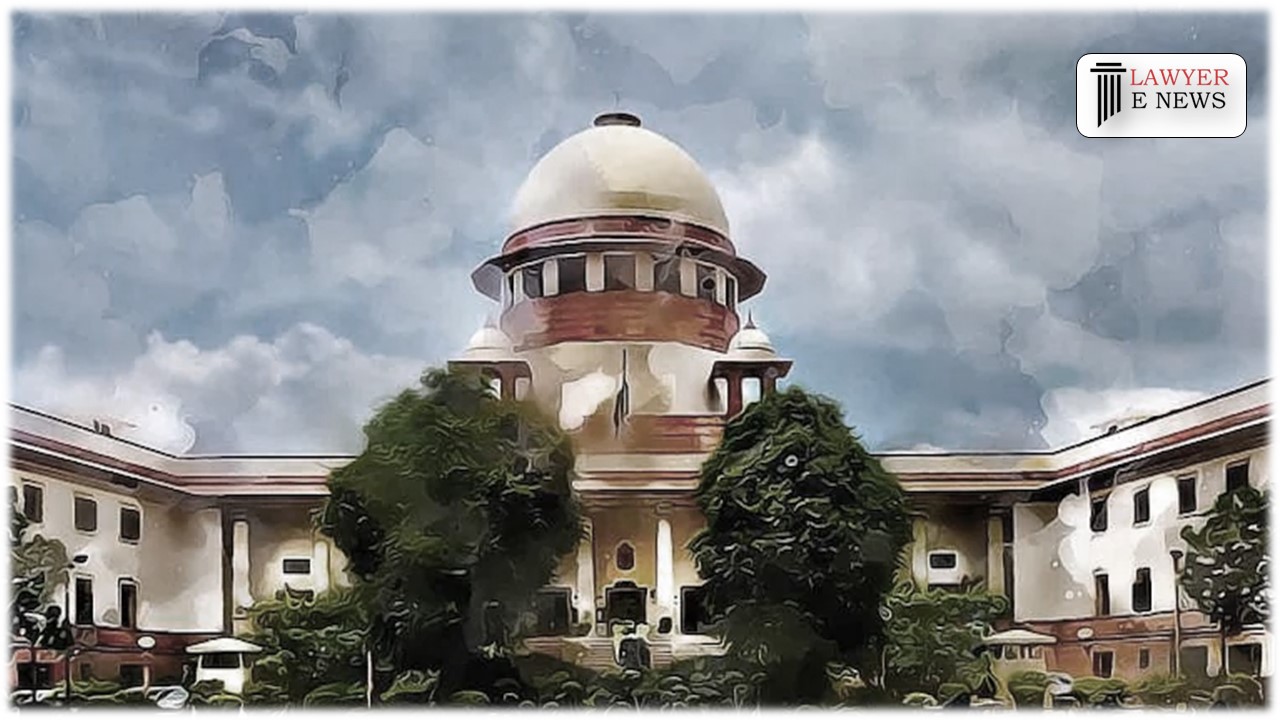-
by sayum
16 February 2026 6:35 AM



The Supreme Court of India, in a recent Order, lambasted the abuse and misuse of legal process, describing it as "a glaring example of how unscrupulous litigants abuse and misuse the process of law." The bench, comprising Hon'ble Mr. Justice Vikram Nath and Hon'ble Mr. Justice Rajesh Bindal, dismissed a Special Leave Petition (Criminal) filed by Sarita Kumari against the State of U.P. & Anr. The court-imposed costs amounting to Rs. 50,000/-, to be deposited within four weeks.
The First Information Report in the present case was lodged back in 2007. The police report under section 173(2) of the Code of Criminal Procedure (CrPC) was submitted in June 2008. The trial had reached an advanced stage with the examination of all prosecution witnesses and commencement of final arguments. The petitioner, Sarita Kumari, failed to appear during this critical phase, leading to the issuance of a non-bailable warrant against her. "At this stage, after 16 years of the lodging of the FIR and at the fag end of the trial, the petitioner filed a petition under section 482 CrPC for quashing the proceedings of the Sessions Trial," the judgment noted.
Justice Vikram Nath, speaking for the bench, sternly noted that the conduct of the petitioner is a classic example of abuse of legal process. The judgment observed, "Considering the aforesaid facts and circumstances of the case, as already recorded in the opening paragraph, we deem it appropriate to dismiss the said petition with costs which we quantify at Rs. 50,000/-."
The court directed that this amount should be deposited with the Supreme Court Advocates on Record Association Welfare Fund and specified that proof of such deposit must be submitted to the Registry within six weeks, failing which the matter will be listed for further orders.
The court's strong stance is seen as a signal to litigants and lawyers alike that the abuse and misuse of the judicial process will not be tolerated and would be met with financial penalties.
The judgment has set a precedent that underscores the importance of judicious use of the legal process and the consequences that unscrupulous litigants might have to face for any misuse.
This case serves as a stern reminder that the Court's time is valuable and should not be wasted by those seeking to manipulate the system for personal gains.
Date of Decision: 03-10-2023
SARITA KUMARI vs STATE OF U.P. & ANR.
